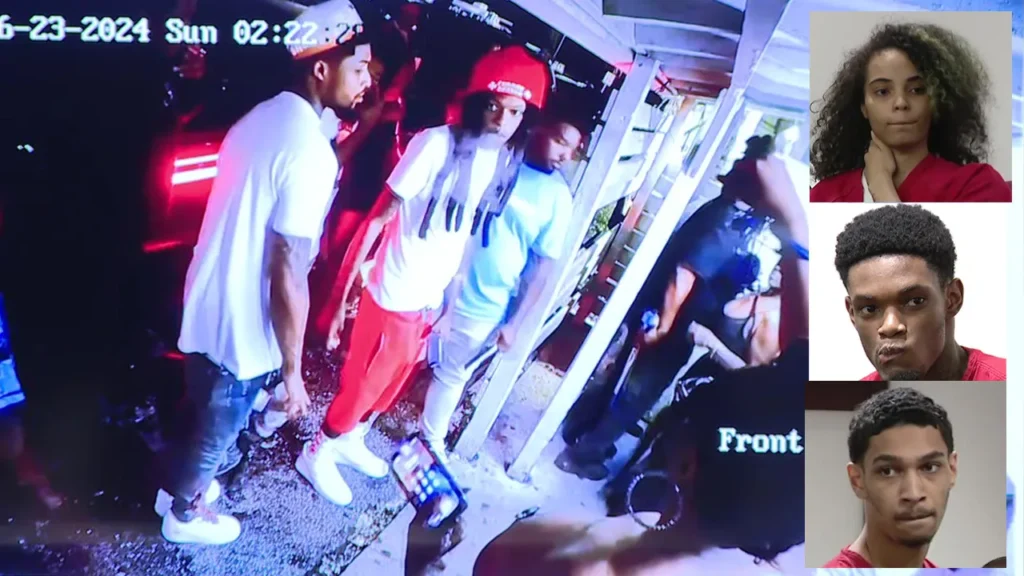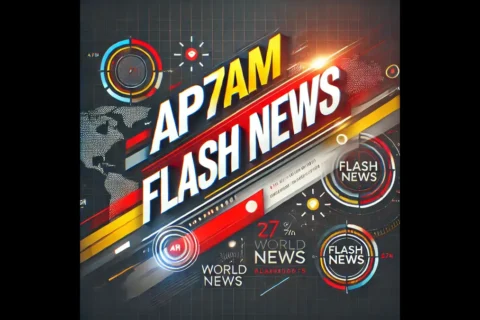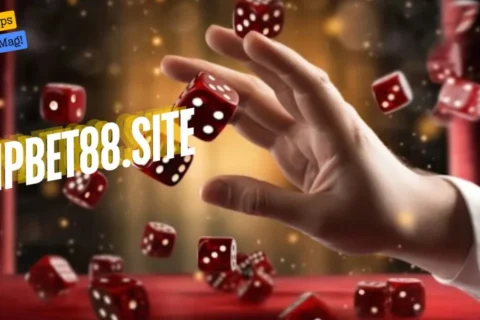Introduction
Julio Foolio’s name was synonymous with the hip hop community, especially for those who loved raw uncut storytelling. He was more than a rapper, he was a voice for many in Jacksonville, Florida and beyond. When we heard he died on what was supposed to be a celebration, it was like a punch to the gut. The Julio Foolio autopsy report became the key to understanding the last moments of his life and what it all means. This is his life, how he died and what the autopsy said.
About Julio Foolio
Early Life and Career
Born Charles Jones June 21, 1998 in Jacksonville, Florida Julio Foolio wasn’t given life on a silver platter. He grew up in a neighborhood where challenges were abundant and opportunities were scarce. But he turned his struggles into fuel for his music. Rap was his way of taking all the tough things he faced and turning them into stories that people could relate to. With a style that was vulnerable and defiant Foolio’s music was paintings of survival, loyalty and the fine line between ambition and danger.
He didn’t blow up overnight. Foolio worked hard, releasing music that slowly got hip hop fans attention. Tracks like “List of Dead Opps” put him on the map, showing he could blend personal stories with social commentary. He became one of the most talked about artists in Jacksonville, painting the city in his verses.
Themes in His Music
Foolio’s lyrics weren’t just words, they were lifelines, connecting you to a reality that mainstream media would gloss over. His songs were about violence, survival and resilience, each track was a story from the streets he grew up on. You didn’t just listen to his music, you felt it, like an echo of struggle and strength through every beat. His words were the weight he carried, a testimony to a life of hardship but driven by will.
Events Surrounding His Death
Celebration and Circumstances
June 21, 2023 was supposed to be a day of celebration for Julio Foolio as he was turning 25. The party in Tampa, Florida was full of friends, laughter and music, a momentary reprieve from the struggles that had been his life for so long. But the celebration turned to chaos. A sudden burst of gunfire erupted and what was supposed to be a night of happiness turned into a night of shock and loss. Foolio died from the shooting, fans and the hip hop community was in shock and devastated.
Gang Rivalries
Foolio didn’t die in a bubble. It was part of a decades long gang rivalry in Jacksonville that affected his music and life outside the studio. His songs were about that reality, and loved and hated for it. While some saw him as an artist sharing his truth, others viewed his lyrics as an extension of the very feuds that ultimately played a role in his death. Understanding this context is essential to grasping why the tragedy hit so close to home for many.
The Autopsy Report
Purpose of an Autopsy
An autopsy isn’t just a formality; it’s a crucial step in understanding the cause of death. For Julio Foolio, the autopsy report aimed to provide clarity about what exactly transpired during that fateful night. This procedure involves a detailed examination of the body, searching for evidence of injury, substances, or any existing conditions that could shed light on how someone died. It’s as much about finding answers for loved ones as it is about painting a clearer picture for the public.
Key Findings from the Autopsy
The Julio Foolio autopsy report confirmed what many suspected. The primary cause of death was identified as multiple gunshot wounds,
a brutal reminder of how he died. The report also said he had alcohol in his system, that adds to the story of the night but doesn’t change the bottom line. No underlying medical conditions or other injuries, just the shooting. That’s sobering, a harsh reminder of what came with Foolio’s name and life.
Implications
Fans and Community
The news of how Julio Foolio died had fans feeling a mix of sadness and anger. Social media was filled with tributes, stories and arguments about safety in hip-hop. For many it was more than just the loss of an artist, it was another chapter in the problem that’s been plaguing the music industry. Fans came together in a sense of mourning, not just for what happened but for what could’ve been.
Violence in Hip-Hop
Julio Foolio’s death sparked conversations about violence in hip-hop and the environments many artists live in. It was a brutal reminder that fame doesn’t always protect artists from the things that inspire their music. The autopsy report made it clear we need to have real conversations about mental health, community support and breaking the cycle of violence. In an industry where tough talk often hides vulnerability, his death forced fans and insiders to think about what can be done to protect artists who live at the intersection of art and real life.
Julio Foolio
Music
Despite the tragedy his music still lives. He may be gone but his songs, full of real emotion and no apologies, will live on. For up and coming artists Foolio’s journey from the streets of Jacksonville is proof that real storytelling still matters. He turned his life into art so his name won’t fade, it will live on in the songs of artists who come after him.
Lessons from his life and death
Julio Foolio autopsy’s life teaches us about fame, safety and mental health in the music industry. Talent and drive can take you to great heights but they also come with their own set of challenges. Foolio’s life and death shows we need stronger support systems for artists who face external and internal battles. Mental health awareness, conflict resolution and positive community engagement isn’t just a ideal, it’s a necessity for creating safe spaces for all.
Conclusion
The story of Julio Foolio autopsy, from his days in Jacksonville to the tragic night he died, is one of triumph and struggle. The Julio Foolio autopsy report told us what we knew but it also forced us to have the conversations about violence, resilience and how we support artists in this crazy industry. As we remember him for his contributions to music, it’s vital to reflect on how we can honor his legacy by advocating for change. His voice may be silent now, but his impact is anything but forgotten.






